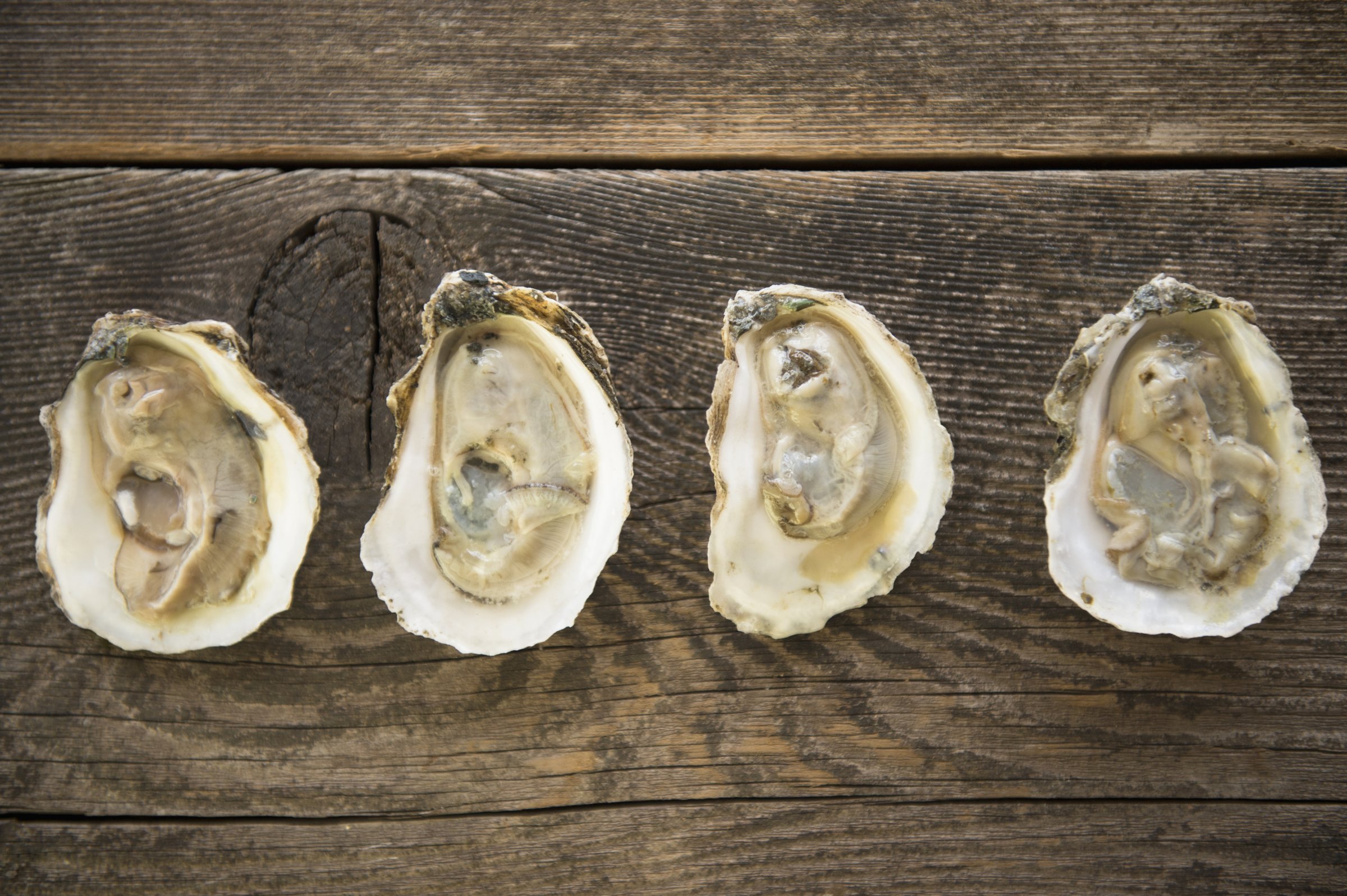
You might want to pass on the oysters at your next happy hour: the bivalves can bring on norovirus, otherwise known as the stomach flu, according to a new study.
The study, published last month in the journal Applied and Environmental Microbiology, looked at the DNA of 1,077 samples of norovirus in oysters. The results: 80% of documented human noroviruses saw a match in the oysters, most of which were found along coasts contaminated by human sewage. More unsettling, oysters act as a incubator for the virus to mutate between outbreaks. Raw oysters seem to be especially dangerous transmitters.
Norovirus is the cause of one stomach flu, one of the world’s most common illnesses. Highly infectious and often painful, the virus can debilitate a victim for a few days but can be fatal in infants, older adults and others with sensitive immune systems.
Norovirus has been traced to people who work with food not washing their hands, and a “vomiting machine” designed recently by scientists at North Carolina State illustrated that droplets of infected vomit can also fly through the air and infect people the way a sneeze or cough might.
More Must-Reads From TIME
- The 100 Most Influential People of 2024
- Coco Gauff Is Playing for Herself Now
- Scenes From Pro-Palestinian Encampments Across U.S. Universities
- 6 Compliments That Land Every Time
- If You're Dating Right Now , You're Brave: Column
- The AI That Could Heal a Divided Internet
- Fallout Is a Brilliant Model for the Future of Video Game Adaptations
- Want Weekly Recs on What to Watch, Read, and More? Sign Up for Worth Your Time
Write to Tanya Basu at tanya.basu@time.com